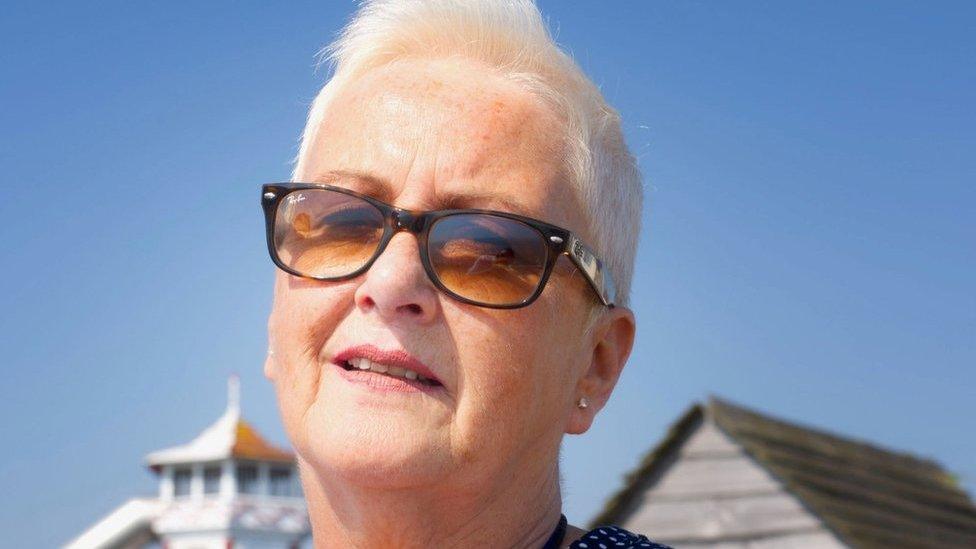Early retirement: Should I stay or should I go?
- Published

According to the Office of National Statistics, Britain's workforce has lost 313,000 people aged between 50 and 64 since just before the pandemic
Despite the cost of living crisis, it seems increasing numbers of people are retiring early - so much so, in fact, that a recent House of Lords report found rising early retirement was causing labour shortages. What is it like to retire early and what happens when people regret their decision?
Two months ago, after a 31-year career as a police officer Cambridgeshire's Chief Constable, Nick Dean decided it was time to retire.
Then, despite giving six months' notice and an advert being published seeking his replacement, Mr Dean had a change of heart.
He wanted to stay on in post. His request was granted.
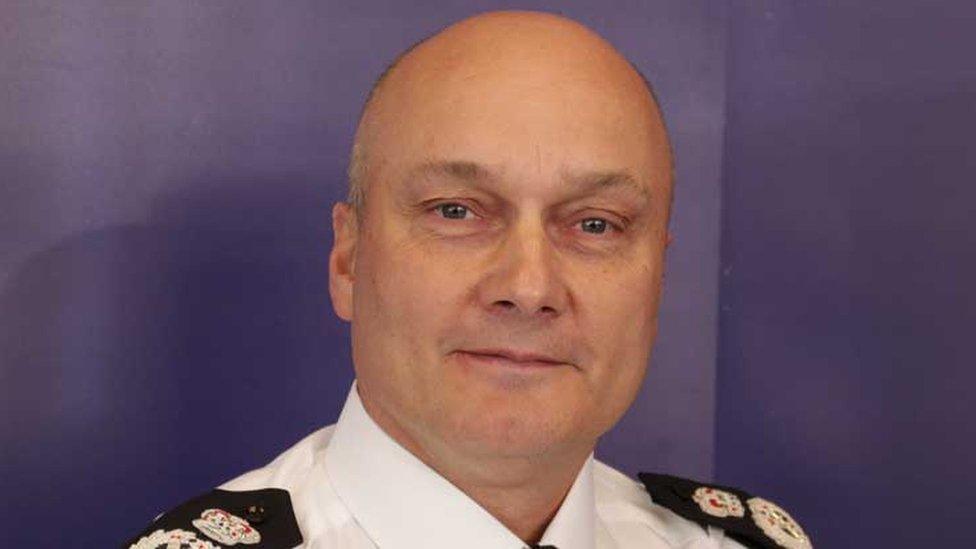
Nick Dean became chief constable of the Cambridgeshire force in September 2018
"There was no single issue which caused me to change my mind," he tells the BBC.
He describes a mixture of pride in his career and a foreboding sense of loss in initially announcing his retirement.
This was not the case for professional cricketer Varun Chopra was just 34 when he announced his 15-year career in county cricket had run its course.

The former England Lions opener Varun Chopra was 34 when he announced his 15-year career in county cricket had run its course
"I don't actually miss the game at all," says Mr Chopra. "By the end, I just wasn't enjoying it - I had gone from being one of the best players in the country to being a squad player.
"There was not really much more for me there."
The former England Lions opener, who had two spells with Essex, won the County Championship with Warwickshire in 2012 before becoming captain in 2015.
After returning to Essex in 2016, initially on loan, Chopra's Essex first-team appearances became less frequent after Alastair Cook's retirement from Test cricket in 2018.

You might also be interested in:

Retired life, he says, started out with managing the school runs.
"It is strange, because cricket had been my whole life and then it was suddenly not.
"There was no clear vision of what that first Monday would look like."
He took on coaching and sports commentary work as well as home renovation projects.
His coaching work has steadily grown and Mr Chopra is now employed as the cricketing coach at an independent school.
"It is so rewarding seeing young people progress."
Despite loving his current working life, he does still get the occasional playing pang which, he admits, will likely get stronger in the coming weeks as the latest Ashes series progresses between England and Australia.
Some of those who do regret retiring early do so for financial reasons. Tina Sylvester, of Clacton in Essex, is one of them.
A worker from the age of 15, she had always planned to retire aged 60.
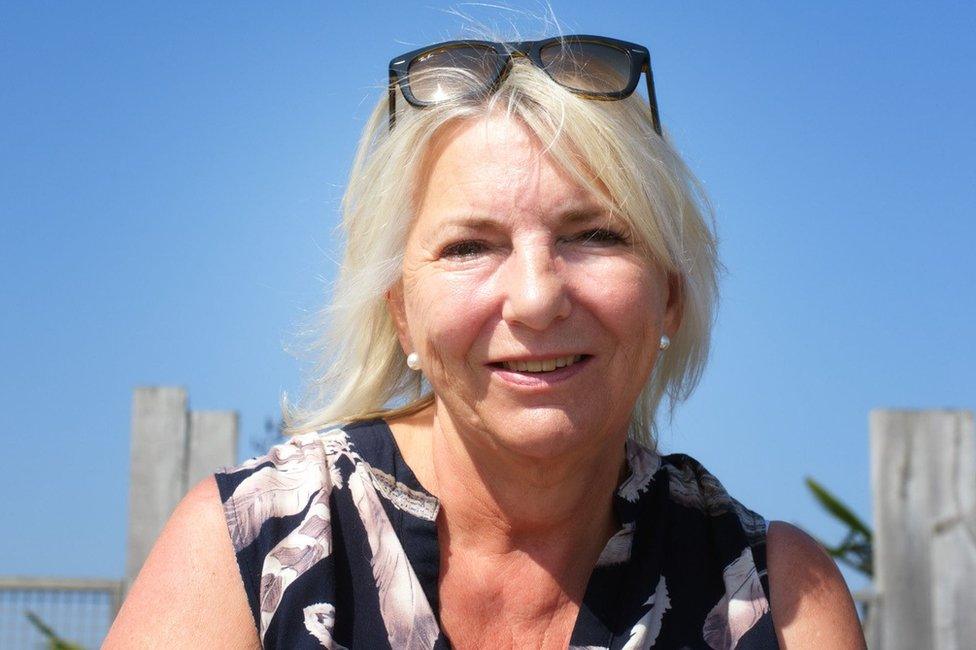
Tina Sylvester gave up work to help her daughters change career and was banking on retiring at 60
But when family circumstances meant she needed to look after her grandchildren, Mrs Sylvester looked at her savings and decided there was enough in the bank to retire two years early.
"I gave up work in 2011 and I had savings so I thought it would be fine," she says.
"Then in 2012, I got the letter saying you're not going to get your pension at 60."
She felt as though the floor beneath her had given way.
From 1948, for more than 60 years men received their state pension at 65 and women at the age of 60.
Under the 2011 Pensions Act, the new qualifying age of 65 for women was brought forward to 2018.
The qualifying age for men and women was raised to 66 in 2020.
"It was awful," says Mrs Sylvester. "When I was 60 I went back to work - in a playgroup first, and in a cafe."
She has now ceased working and has no plans to return to return to the workplace.
And yet.
"I often hear about jobs and think to myself, 'oh, I could do that' and I ask myself why I keep thinking I need to find a job all the time.
"I've been fully retired for three years and I really don't want another job - but I also don't want that choice taken away from me.
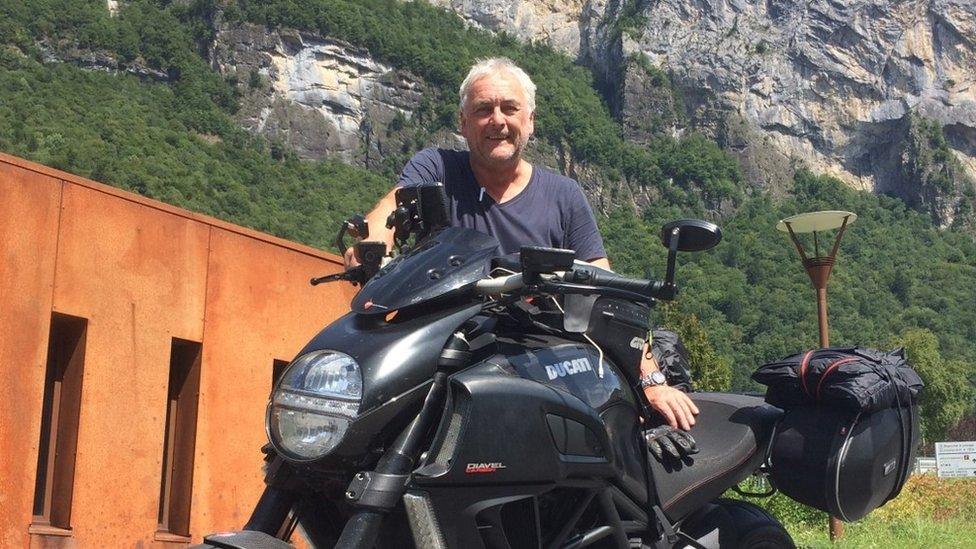
Dr Clive Girdler was 63 years old when he retired. He has never looked back
Not everybody struggles with knowing when the time is right to hang up their boots.
For Dr Clive Girdler, the right time was in 2019 when he secured an early retirement deal with his then employer. He was 63 years old.
"Retirement is absolutely fantastic," says Dr Girdler, who lives near King's Lynn in Norfolk and whose previous job involved extensive international travel.
Post-retirement, Dr Girdler still loves travel - but only if it involves one of his 11 motorbikes.
He was recently injured for the first time in 25 years of biking, breaking his collar bone.
"I got flung into a tree," he says. "One of the emergency service people said they had an old man stuck in a hedge. They meant me - I gave them a few words."
Since quitting the workplace, Dr Girdler has involved himself with his parish council, become a trustee of the village hall and created a four-acre woodland for wildlife to thrive.
Asked whether such activities might be surrogates for paid work, Dr Girdler laughs. No, he says, he got involved in order to tackle certain local issues that were winding him up.
It was only after joining the parish council, he says, that he discovered their powers were fairly limited.
"But it is fun and, with the woodland, I hope I've done some good."

Find BBC News: East of England on Facebook, external, Instagram, external and Twitter, external. If you have a story suggestion email eastofenglandnews@bbc.co.uk, external
Related topics
- Published17 April 2023
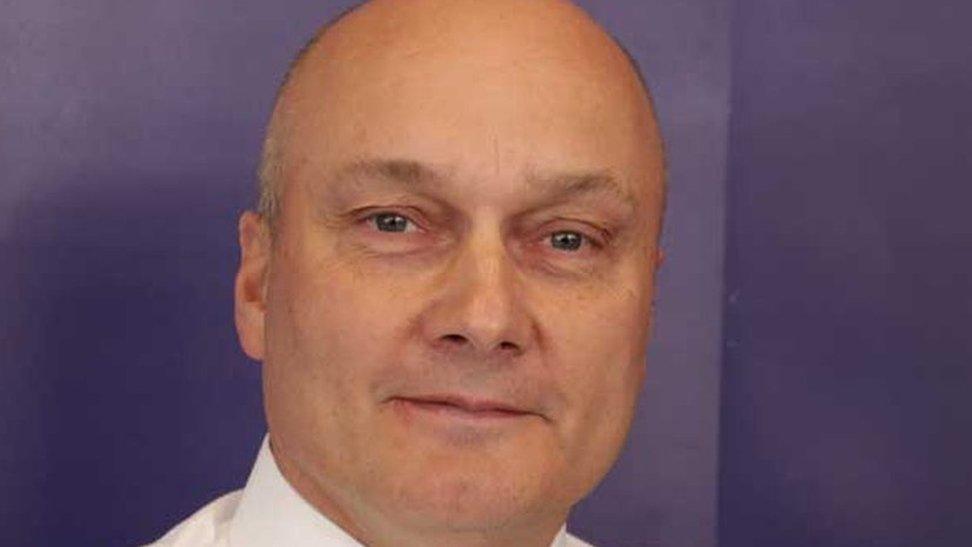
- Published12 September 2021
